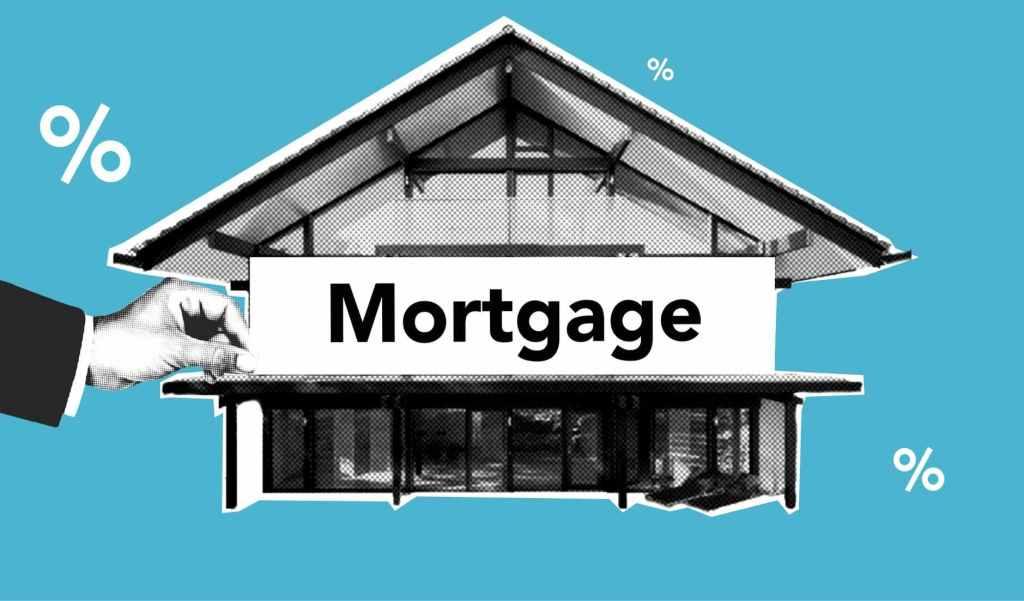Individuals, companies, and even whole countries rely on debt to operate without the necessary cash in hand - but too much will harm your creditworthiness.
Imagine needing to purchase a big-ticket item such as a car or a home. Do you save up the cash and deposit it all on the seller's lap when you have accumulated enough savings? Or do you put down a downpayment, buy it on loan, and pay up the balance over the years?
Obviously, debt is the only way to go for the majority of us - but the word has such negative connotations! It may not be possible to completely eliminate debt from your life, especially if you have made important investments such as buying a home or pursuing higher education.
However, your debt can be managed carefully so that you have better control over your finances. Ensuring that your debts are well-managed will also reflect positively on your credit health in the long run.
Here are 5 tips from CTOS on how to manage your debt better.
1. Record Your Expenses and Make a List The best way to get debt under control is by looking at your spending behaviour and identifying all the unnecessary expenses. For one month, record every cent you spend, including what you may consider minor expenses (like food or movie tickets). By doing this, you'll be able to see clearly how much of your spending is fixed and how much is variable.
Fixed expenses are regular and don't often change in amounts, things like your internet bill, rental, or home loan payments tend to remain the same from month to month - variable expenses, on the other hand, are a little more unpredictable and depend on your usage of a utility such as electricity, water, or your phone.
Next, make a list of all your debt obligations and the interest you're charged for each. Put them in order of interest rate, from highest to lowest. Once you've done these steps, it will be easier to see what your biggest liabilities are and where you can cut down on your expenses.
A good way to know more about your finances, credit health, and credit scores is to obtain and check your full credit report. For instance, a full MyCTOS Score report will give you comprehensive insight into all the major areas of your credit health and let you know where you stand in the eyes of banks and lenders.
2. Cut Back on Extras Add up the expenses on the list and compare the amount to your monthly income. If it's less than what you earn, use the extra money as your debt payment. If it exceeds your income, figure out which expenses you need to cut back on.
3. Lower Fixed Expenses Find creative ways to lower your household bills - move to an area with cheaper rent or refinance your loan to get a lower interest rate. If you have a good payment history, you may ask your credit card company if they would consider lowering the interest rates they charge you.
4. Find Ways to Increase Your Income Consider whether there's any way to boost your salary, such as paid overtime hours or public holiday working options. You may also want to think about secondary income generators, such as coaching, teaching, freelance work, or running an online business.
5. Settle the debt with the highest interest first Once you figure out the maximum amount you can afford to pay off each month, focus on resolving the debt with the highest interest rate first. This way, once the debt is settled, you'll save in the long run on high interest rates.
.jpeg)



.png)



.jpg)

.jpeg)

